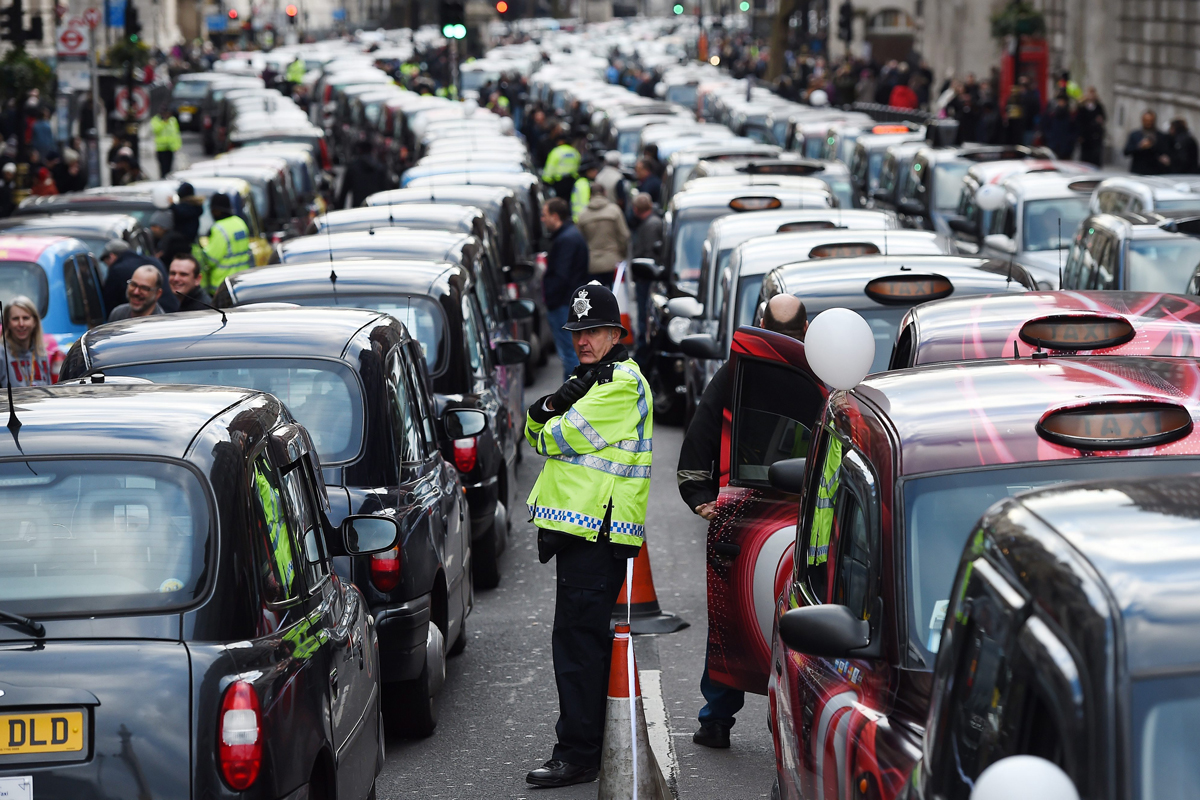
Arun Sundararajan explains that London’s decision to not renew Uber’s operating license is not about ride-hailing technology, but the company’s failure to perform regulatory tasks.
“The London ban has greater potential for long-term damage. Regulators in other countries have generally opposed Uber because the transportation service it enables violates local (typically taxi licensing) laws. TfL’s objections are to the company itself. So, other companies may receive licences to offer Uber-like services in London, but Uber has been found “not fit and proper” to hold such a licence, a stunning indictment of the ride-hailing pioneer.
And there’s the rub. The discussion is not about a misfit between innovative business models and antiquated regulations. It has little connection to other familiar points of gig economy contention, such as whether Uber’s drivers are independent contractors or employees. Rather, like many cities around the world, London has already expanded its regulatory structure to accommodate ride-hailing services, adopting a now-familiar approach that delegates some responsibilities – setting fares, conducting criminal background checks, collecting data about drivers and rides and managing certain safety affairs – to the platform. TfL contends that Uber is not paying adequate attention to these responsibilities. As well as other shortcomings, the regulator calls out Uber’s controversial Greyball technology, a system designed to identify and thwart regulatory “sting operations”, although Uber denies that this has been used in London.” – Arun Sundararajan
Read more ↓
London’s Uber Ban is a Message to a Reckless Tech Ethos